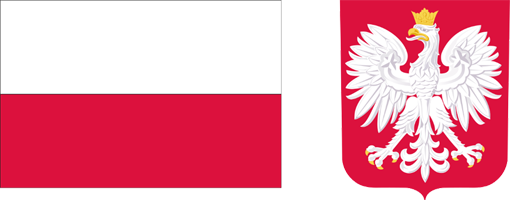Current issue
Archive
About the Journal
Aims and Scope
Advisory Board
Members of the Editorial Board
List of reviewers
Publishing process
Publishing Ethics and Malpractice Statement
Personal data protection (GDPR)
Creative Commons License
CrossRef Member / Similarity Check
For Authors
Call for papers
Guidelines for authors
Submitting a manuscript through the editorial system – step by step
For Reviewers
Peer review process
Guidelines for reviewers
Submitting a review – step by step
Contact
RESEARCH PAPER
THE NEW DELIVERY MODEL OF THE COMMON AGRICULTURAL POLICY AFTER 2020 – CHALLENGES FOR POLAND
1
Szkoła Główna Gospodarstwa Wiejskiego
Publication date: 2018-12-21
Zagadnienia Ekonomiki Rolnej / Problems of Agricultural Economics 2018;357(4):33-59
KEYWORDS
ABSTRACT
The Common Agricultural Policy (CAP) of the European Union is the subject of the consecutive reform. The proposal of the CAP after 2020 has been presented in the European Commission’s proposal on 1 June 2018, which defines the proposed forms and scope of the EU agriculture support after 2020. The innovative solutions suggested by the European Commission impose many new obligations on Member States. However, they are associated with significant challenges resulting both from the need to define national strategies as well as obligations to implement policy instruments and measure policy implementation effects.
The main objective of this study is to discuss the key implications for Poland resulting from the new delivery model of CAP after 2020 proposed by the EU Commission and to identify the most important “challenges” for policy makers and the entire agricultural sector.
In the new perspective of the CAP, no radical changes in the very essence of the Common Agricultural Policy of the EU are foreseen. The basic objectives of the CAP still include supporting agricultural incomes, improving the competitiveness of the EU agriculture or supporting rural development. The main distinguishing feature of the new CAP model, as compared to the existing one, is the fact that individual Member States have a large degree of freedom in shaping national policy in relation to agriculture and rural areas, but they have the obligation to determine measurable effects and selection of instruments, while maintaining the Community nature of the CAP.
For Poland, as well as for all Member States, the key challenge is the objective identification of needs of the agriculture and rural areas, and then to select indicators and instruments to effectively achieve the objectives of the CAP. One of the main challenges for Poland is also to include in the strategic plans objectives related to environmental and climate policy, and improvement of the position of farmers in the food supply chain. Another issue that raises the discussion is the policy of supporting agriculture in the form of direct payments and the issue of inequalities in their distribution.
Share
RELATED ARTICLE
We process personal data collected when visiting the website. The function of obtaining information about users and their behavior is carried out by voluntarily entered information in forms and saving cookies in end devices. Data, including cookies, are used to provide services, improve the user experience and to analyze the traffic in accordance with the Privacy policy. Data are also collected and processed by Google Analytics tool (more).
You can change cookies settings in your browser. Restricted use of cookies in the browser configuration may affect some functionalities of the website.
You can change cookies settings in your browser. Restricted use of cookies in the browser configuration may affect some functionalities of the website.



